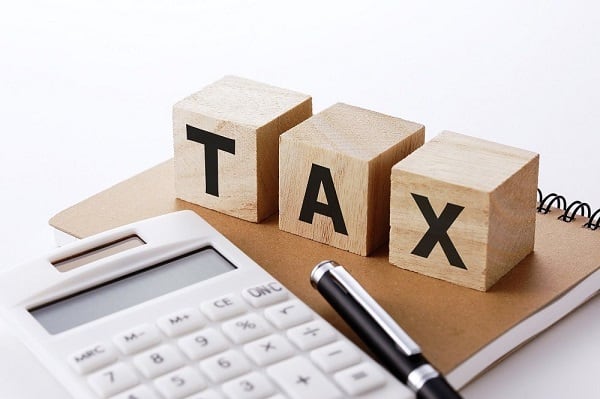The Federal Board of Revenue (FBR) informed the International Monetary Fund (IMF) that no immediate additional tax measures are required, though it is considering a reduced sales tax of 5-7% on petroleum products to mitigate revenue shortfalls for the fiscal year 2024-25.
According to sources, while the proposal for a lower sales tax rate on fuel is under review, it has not yet been finalized. The FBR assured the IMF that at this stage, implementing new revenue measures would be premature.
The discussions took place during an IMF mission visit led by Nathan Porter, where Finance Minister Muhammad Aurangzeb, alongside State Minister for Revenue Ali Pervez Malik, FBR Chairman Rashid Mehmood Langrial, and State Bank Governor Jameel Ahmad, reaffirmed Pakistan’s commitment to reforms under the $7 billion Extended Fund Facility (EFF).
Aurangzeb briefed the IMF on the government’s fiscal targets for the first quarter, highlighting the digitalization of supply chains and expansion of monitoring systems across sectors including petroleum, beverages, pharmaceuticals, and steel. These initiatives are part of the FBR’s broader strategy to reach the annual revenue target of Rs12.97 trillion.
Additionally, the IMF was presented with the FBR’s latest Tax Expenditure Report, which recorded a significant revenue loss of Rs1.25 trillion in 2022-23 due to sales tax exemptions on petroleum products.
The report highlighted four major POL items—petrol, high-speed diesel, kerosene, and light diesel oil—as contributing 44% of total sales tax expenditure.




